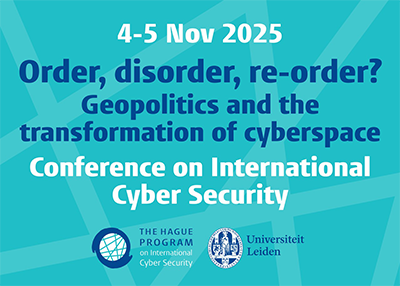
New research | Cyber intelligence and international security. Breaking the legal and diplomatic silence?
Article by Dennis Broeders in Intelligence and National Security.
Read the article here in open access.
Abstract
In cyberspace intelligence agencies, rather than militaries, are the most prominent security actors. However, many cyber operations conducted by intelligence agencies are not ‘classic’ espionage activities, but may be best described as digital covert action (sabotage, subversion, information operations). Given the fact that international law and diplomacy traditionally do not address espionage, cyber operations conducted by intelligence agencies have developed in a legal grey zone that gets stretched by the behaviour of the intelligence agencies of the most brazen cyber powers. The digital age has significantly transformed the capabilities and the role of intelligence agencies, which raises the question if the traditional international consensus that ‘intelligence is not discussed’ is still useful in state-to-state relations. The theoretically underdefined role and activities of intelligence agencies are affected by four big changes in the digital age: increase in scale of their activities and effects, heightened ambiguity, massive expansion of the attack surface and trickle-down insecurity, which point to a need to rethink how cyber intelligence agencies should operate. Some states will continue to push the boundaries of what is possible in cyberspace, unless other states break with the legal and diplomatic silence to discuss ‘guardrails’ to cyber intelligence activities.


































_400x286.png)



















































_400x286.jpg)



